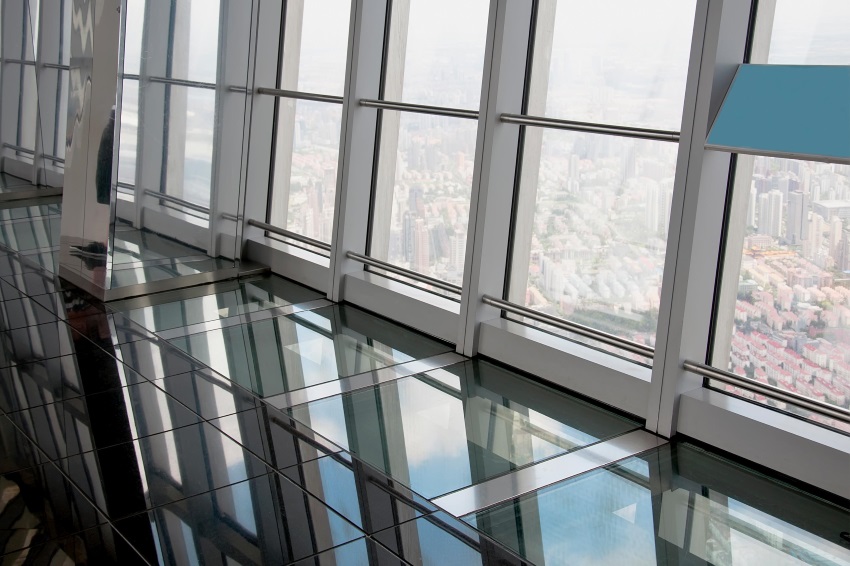The COVID-19 pandemic has resulted in unprecedented challenges for both landlords and tenants, with much uncharted territory ahead. A major issue for landlords as owners of private residential property relates to their ongoing legal and contractual obligations in terms of the repair and maintenance of those residential properties.
What approach should landlords therefore adopt in terms of their obligations during this period of lockdown, particularly when they are unable to gain access to a property where a tenant is self-isolating or has health and safety concerns?
Pursuant to Article 7 of the Private Tenancies (Northern Ireland) Order 1996 ("PTO"), landlords of private rental accommodation in Northern Ireland have a legal requirement to attend to certain essential repairs, particularly in relation to heating, sanitation and water supply.
Article 12 of the PTO gives landlords the authority to enter their properties upon reasonable notice for this purpose. The question for landlords is how to balance their repair obligations in light of current government guidelines on social distancing and self-isolation.
The Northern Ireland Executive is yet to issue guidance to landlords in Northern Ireland however; their recommendations are likely to be similar to those issued by the Ministry of Housing, Communities and Local Government in the UK in terms of non-statutory guidelines for property owners and tenants. This guidance states that landlords' obligations have not changed due to Covid 19 in that a tenant's right to a safe and warm place to live must be protected. It is however conceded that routine inspections may be temporarily postponed during lockdown. The guidance states that essential works relating to the likes of gas, electricity or water must be carried out as far as possible and landlords and their agents and contractors must adhere to the government guidelines on social distancing at all times when doing so. Landlords can still face penalties for failure to carry out any such emergency repairs.
The overriding theme in terms of the guidance is that landlords must take a pragmatic, common-sense approach and should exercise judgement regarding the urgency of the repairs. Any repairs that are not classed as an emergency may be postponed and no work should be carried out in any household that is isolating or where an individual is being shielded, unless it is to remedy a direct risk to the safety of the household, such as emergency plumbing or repairs.
Landlords must also continue to adhere stringently to gas and electrical regulations in terms of essential inspections and certification, although the government is encouraging the relevant authorities to take a pragmatic approach in this regard. Therefore, if a landlord or his/her agent or employee is unable to obtain access to a property for this purpose, they should ensure to document that all reasonable steps have been taken in order to obtain access.
Landlord Associations are also strongly recommending that landlords change their approach to repairs and maintenance during this period of lockdown. Landlords require permission to enter a rental property however, they should now ensure, when seeking such permission, to ask if the tenant(s) are self-isolating or showing symptoms of COVID-19. If a tenant has symptoms of COVID-19 or is self-isolating, access for emergency repairs can only be granted where the appropriate measures are taken or alternatively should postponed until it is safe for both parties. If a landlord is unable to access a property to carry out repairs due a tenant's self-isolation, they should ensure that the tenant confirms their rational for refusing access in writing for example via email of text and keep full records accordingly.
Other issues may arise in terms of the unavailability of contractors or tradespeople in the current climate. Housing NI advises that if landlords are unable to carry out works themselves and are unable to engage suitably qualified contractors, they may need to consider providing alternative accommodation or covering essential costs, such as paying for an electric heater if a boiler is not working.
If a landlord does engage contractors to carry out essential repair work, it is a matter for the landlord to ensure that the contractors observe social distancing practices and take all measures possible to avoid spreading infection. The same applies where a property is managed by an agent.
As with most guidance in relation to COVID-19, the advices are fluid and are being updated regularly.
A summary of the current guidance is set out below:
- Emergency repairs must still be carried out. Landlords and their agents/contractors must practice social distancing when attending a property for these purposes.
- If a landlord is unable to access a property due to COVID-19 related reasons, this should be clearly documented for the landlord's protection.
- Routine or non-essential inspections or repairs should be postponed as far as possible.
- Landlords could consider conducting inspections or consultations with tenants via smartphone or video call.
- Landlords and contractors should not attend a property to carry out repairs if they are symptomatic themselves.
- It is important that landlords maintain regular communication with their tenants throughout the duration of the pandemic.
- Most importantly, a pragmatic, common-sense approach should be taken at all times.
















